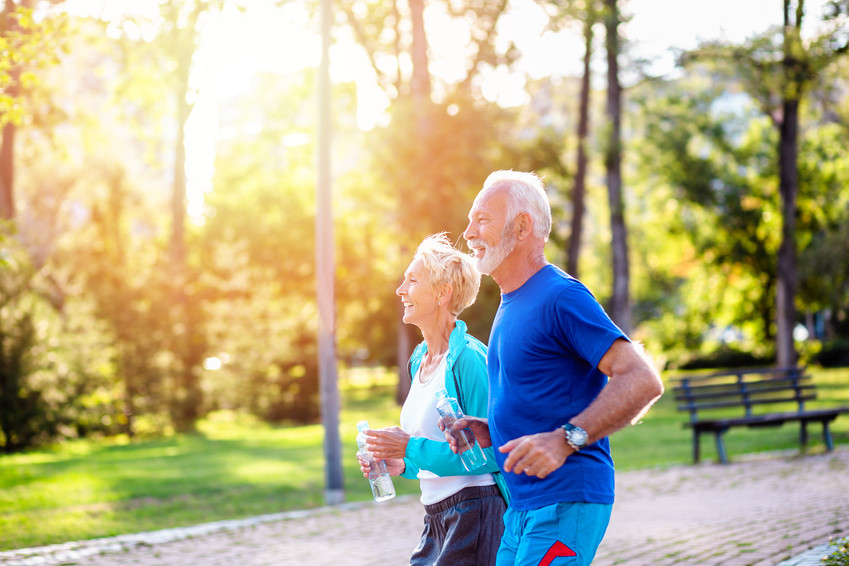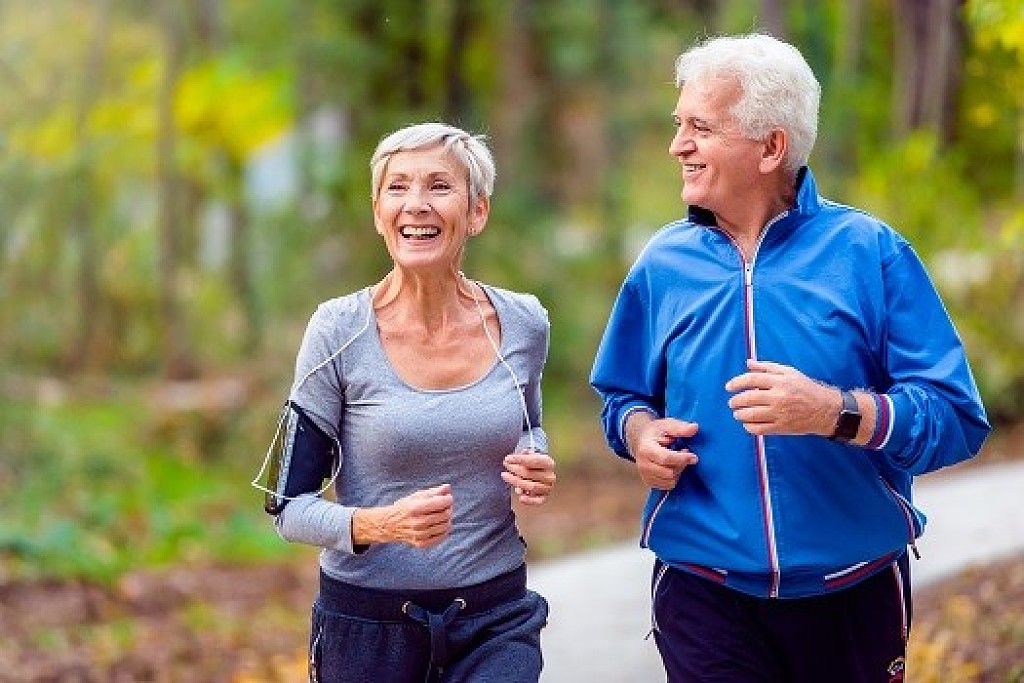Running News Daily
Running News Daily is edited by Bob Anderson. Send your news items to bob@mybestruns.com Advertising opportunities available. Train the Kenyan Way at KATA Kenya and Portugal owned and operated by Bob Anderson. Be sure to catch our movie A Long Run the movie KATA Running Camps and KATA Potato Farms - 31 now open in Kenya! https://kata.ke/
Index to Daily Posts · Sign Up For Updates · Run The World Feed
The benefits of running after 60
Running after 60 can be as beneficial to your health as it was in your 20s.
There’s no doubt that if you run for fitness your speed will slow down as you age.

From your 30s onwards, a number of physical changes take place in the average person’s body. Aerobic capacity decreases, muscle mass reduces, muscle elasticity reduces, lung elasticity declines, bone density reduces, your metabolism slows, body fat increases, and your immune system becomes weaker, Owen Barder writes in the book “Running for Fitness.”
All these changes have an adverse effect on running performance. Yet, older runners can continue to achieve amazing athletic feats.

Benefits of running after 60
Canadian athlete Ed Whitlock ran a marathon in 2:54:48 at the age of 73. Carlos Lopes set the world marathon record at the age of 38. Hal Higdon, marathon runner and writer, at the age of 52 ran a 10km in 31:08 and a marathon in 2:29:27.
So you can’t run as fast as you did in your 20s and 30s. It’s all relative. The fact is you can continue to run into your 90s.
The health benefits of running for seniors are generally the same as for everybody else. They include reductions in the risks of heart disease, diabetes, high blood pressure, and cancer; reduced depression and anxiety; weight control; improved bones, muscles, and joints; improved mobility and coordination, and a psychological sense of well-being.
The risk for developing debilitating conditions increases as you grow older, so the benefits of running are increased.
Keep in mind that even moderate running is good for your health. At the conference of the European Society of Cardiology, Danish researchers presented data on a subset of 2000 joggers. They found that jogging at a moderate pace for a total of one to two-and-a-half hours per week over two or three sessions reduced the risk of death more than 44 percent over non-runners.
“Surprisingly, when individuals ran faster, longer or more frequently than this, the protective benefits of running disappeared,” writes Rashelle Brown. “Individuals who ran more often and more vigorously had about the same mortality rate as those who were sedentary.”
Another study looked at others health benefits of running for seniors: the effects of running versus walking on functional movement of 30 adults with an average age of 69. The study found that those who ran several days per week walked with the same muscular economy of average 20-year-olds.
If you want to start running for the first time or take up running after a long lull, it’s important to start out slowly.
First, you should let your doctor know of your plans and take heed of any concerns she might have.
Starting out with a walk or run program is a great strategy to build your muscles and endurance without risking injury that will set you back. Keep in mind walking can be just as health as running, except you have to walk longer to get the same health benefits as running.
Recovery after running
You also have to prioritize recovery more than when you were younger and build this into your running schedule. Also, use your experience to make more informed choices about your running.
Muscle mass declines with age, so you need some strength training to counter that. Just don’t overdo it. Stressing core exercises or using light dumbbells would do the trick.
Be diligent about stretching, both before and after exercise. As you age your flexibility decreases, and stretching compensates for that.
Other advice includes booking a regular massage to loosen the muscles that tighten from running, eating well (meaning a diet high in protein, carbs, fruits and vegetables), going soft by running on surfaces with some give like trails or even grass, and staying motivated.
“Keep entering races so you always have goals,” Jo Pavey writes in Runner’s World. “If you feel your fastest times are behind you, think about setting yourself a new set of (personal bests) for your new age group.”
by Janet ODell
Login to leave a comment




